Now that you've found OER and decided that you'd like to use them, what's next? How can you most effectively incorporate OER into your teaching practice?
FACET's Teaching Fellows, instructional designers, and other in-house staff can help faculty make the most of the freedom and flexibility OER, whether they want to reuse a resource just as it is or revise or remix it to meet specific teaching goals.
The Faculty Academic Center of Excellence at Towson (FACET) annually offers grants for TU faculty to explore or adopt/adapt OER for their classes. In addition to grant funding, recipients receive support and mentoring from the TU OER Community of Practice. Grant proposals are typically due in the Fall.
Cook Library's subject librarians can assist faculty with both finding and evaluating OER. Your department's librarian liaison may be able to point you to additional subject-specific OER repositories beyond the ones listed in this guide. They can also help you determine whether the author of a particular resource you're considering has published in scholarly journals and what his or her professional credentials are.
Your subject librarian may also be able to suggest additional content, selected from among the library's licensed databases, e-journals, and e-books, to supplement your chosen OER. Contact your librarian as early as possible in your course planning to begin this conversation.
The Copyright and Scholarly Communications Librarian is also available to help you with questions about Creative Commons or other license terms attached to any OER you're considering for instructional use.
OER help the UStore fulfill its mission to provide the most affordable course materials to Towson University students.
Resources the UStore likes:
Just send the UStore a link from the platform and they will make your chosen OER available. If your students want or need hard copies, the UStore can purchase them from certain OER providers.
Submit your OER adoptions to coursematerials@towson.edu.
The Kirwan Center for Academic Innovation partnered with the USM Student Council in 2013 to launch the Maryland Open Source Textbook (M.O.S.T.) initiative, which "facilitate(s) faculty efforts to explore the promise of freely available, open source instructional materials to reduce students’ cost of attendance while maintaining, or perhaps even improving learning outcomes."
The Kirwan Center assists M.O.S.T. faculty participants with finding and incorporating OER into their courses. Faculty participants also receive a stipend in acknowledgement of the time they spend redesigning their courses and facilitating data collection for the Kirwan Center. Since spring 2014 M.O.S.T. has saved Maryland students $10.4 million in cumulative textbook costs.
The Maryland General Assembly provided further recognition and support with The Textbook Cost Savings Act of 2017, which allocated $100,000 in additional funding to M.O.S.T. for fiscal year 2019. The Kirwan Center is using these funds to continue the M.O.S.T. High-Impact OER Mini-Grant Program, which focuses on replacing commercial textbooks with OER in high-enrollment general education courses at two- and four-year public higher ed institutions across Maryland.
Towson University was included among the 12 institutions whose faculty received high-impact mini-grants in the first round of funding in March 2017. It was also included among the institutions whose faculty received grants in March 2018 and April 2019.
The M.O.S.T. OER Grant Program strategically supports Maryland public higher education institutions’ efforts to increase access, affordability, and achievement for students through the incorporation of OER into teaching practices.
The goals of the Faculty OER Mini-Grant Program are to impact student success through:
